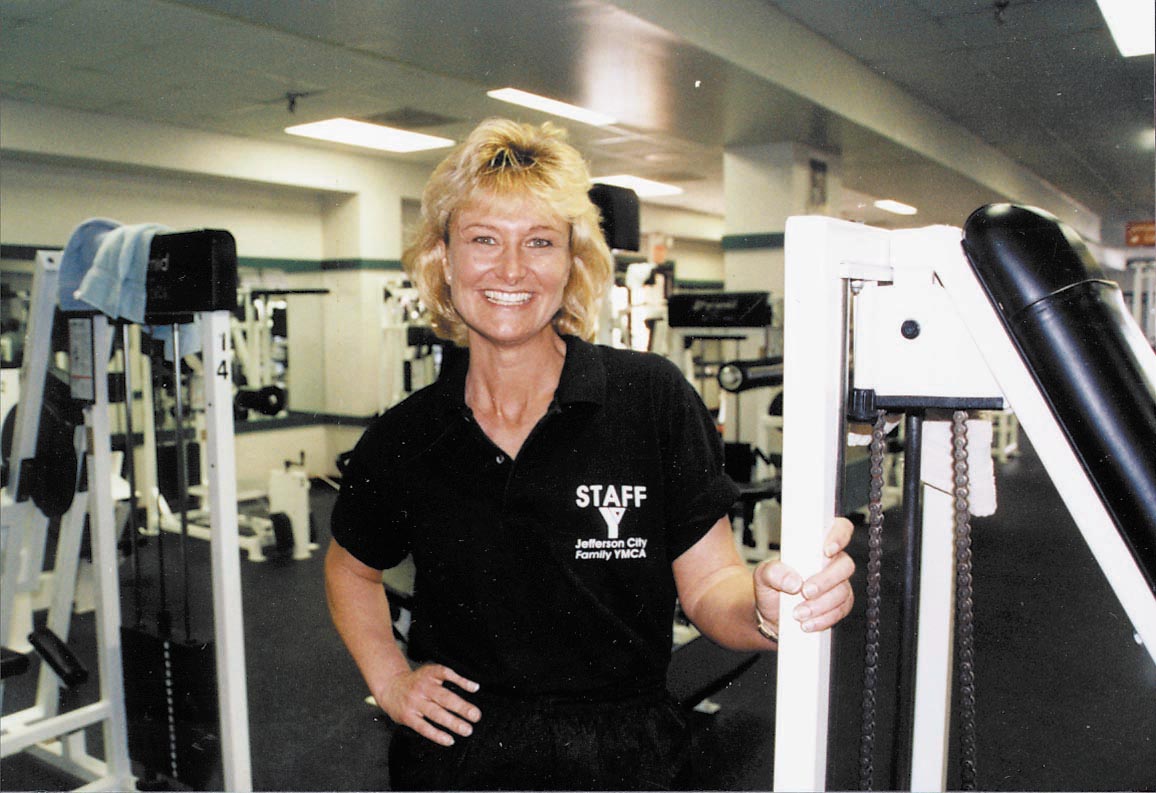
JEFFERSON CITY, Mo. (BP)–For 15 years, she suffered the effects of an illness. And she didn’t even know she was sick.
Stacy Ousley was 30 years old before she sought help for an eating disorder. At times both anorexic and bulimic, Ousley had successfully hidden her disorders from first her parents and then her husband.
“At age 15, I made a decision I was fat,” Ousley, now 37, recalled. “I wanted to look as attractive as I thought other girls were.” She weighed 125 pounds then, but by the time she graduated from high school, she was down to 100.
“Being a sports person, I started running and continuing in sports to lose weight,” she said. “From about 15 to 18, I basically starved myself, which is anorexia. I ate very little. I was 18 when I started bulimia — eating but purging my food.”
She realized at age 20 that she had an eating problem. But it wasn’t until 10 years later — while she was in counseling and going through a divorce — she shared for the first time about her eating disorders.
“It was later that I learned that anorexia and bulimia are emotional disorders,” she said. “The actions of not eating — or purging — are physical manifestations of an emotional disorder.”
The revelation itself did not bring changes. Ousley attributes her admission to her counselor and her gradual victories to Jesus Christ. Though she had grown up in church and had been baptized at age 9, she said she didn’t fully understand what Jesus had done for her on the cross until she was an adult.
“I had gotten baptized because I believed in God, but that didn’t save me,” she said. “At age 27, I walked the aisle and got saved and baptized for real.” Ousley is a member of Concord Baptist Church, Jefferson City, Mo.
Her salvation experience marked the turning point for her eating disorder.
“I finally told my counselor about my problem because I was growing as a Christian, and I started to understand I didn’t have to beat myself up for having a disorder,” she said. “As I grew spiritually, He was able to convict me of it. I could get help.
“Probably the most difficult thing I’ve ever done in my life is to say, ‘I’ve got this problem.’ I was afraid if people found out I had an eating disorder, they would reject me. They didn’t.”
Once she admitted her problem, her counselor helped her to take control of it. “I still struggle with having an eating disorder,” she acknowledged. “Just like I have to do things to stay fit physically, I have to do things to stay fit emotionally to keep the disorder from manifesting itself again.”
Ousley keeps herself physically fit because for years, she has suffered chronic pain in her body, though doctors are puzzled as to the reason.
While undergoing physical therapy, she became interested in strength training. Today, as a certified health fitness instructor through the American College of Sports Medicine, she is a personal trainer for the YMCA in Jefferson City.
“I still have to manage my physical health and emotional health,” she said. “I may be successful in coping every day, but I’m always in recovery.
“If I don’t take care of myself emotionally, physically and spiritually, I’ll be back where I was in 1992 — all broken down.”
Ousley admitted she is not successful every day in her efforts to control her disorder.
“I still have tendencies to binge eat,” she said. “I have to stay strong spiritually through my prayer life. No. 1, God has to be my priority; I have to renew my heart and mind every day with truth. It’s the deceit — ‘I’m not worthy, no one could love me, I’m inadequate’ — lies straight from hell — that fuel this and other disorders.”
Love and encouragement from Christian family and friends are key to helping her overcome her disorder.
“Any doubt or difficulty I have, I can remember they’re going to love me anyway. That’s how God loves. Regardless of anything — emotional problems, eating disorders, physical pain — God loves me anyway. That’s my hope.
That’s the best therapeutic advice I can give anybody.”
Ousley said family members who suffer from eating disorders usually follow a pattern.
She suggested the following signs to look for in a person suspected of having an eating disorder:
— Isolation — more frequent depressed moods.
— Grades slip.
— Eating habits change — “Finicky, picky eating or moving the food around the plate instead of eating.”
— Obsessive about being fat when clearly he/she is not.
— Obsessive about exercise.
Ousley said the most important thing is to confront the family member in a loving manner.
“Lovingly confront the child or spouse,” Ousley said. “If somebody would have looked me straight in the eye and said their concerns, plus ‘I love you too much to allow you to go through this and I want to help,’ then I don’t know if I would have jumped on the recovery bandwagon right then, but maybe sooner than I did. My whole fear was rejection, and if somebody said, ‘I know you have this and I love you anyway,’ it might have made a difference.”
Ousley also suggested several places to call for help:
— Remuda Ranch Programs for Anorexia and Bulimia, 800-445-1900, www.remudaranch.com
— Eating Disorders Awareness and Prevention, 800-931-2237, www.edap.org
— National Association of Anorexia Nervosa and Associated Disorders, 847-831-3438, www.anad.org
















